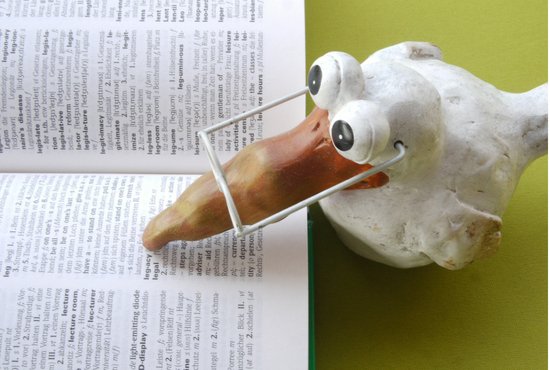Translation Through History

Translation Through History: A Brief Retrospective.
It will really be jaw-dropping if we all have an opportunity to speak to someone who lived before the advent of translation, and for them listening to how we lived now and how translation is now part of our lives through artificial intelligence it did be like the former. We are going to look back into the past about how translation moved along the times like we humans, I will be your captain back to the times.
As the society, expands more people were living on earth with diverse languages, norms, and cultures but before the existence of the first word, people used signs and symbols to communicate. Sounds started to represent important things in the society like places, people, and objects. Eventually, these sounds turned into words and words into sentences, soon people were able to speak to one another and carry on conversations, language is an invaluable part of the evolution of humans.
Once the language was formed, written language soon followed. Language first presented itself somewhere between 30,000 and 100,000 years ago. As the population expanded and people divided, different languages formed, creating a need for translation. Some earliest translations are on clay tablets, these translations contain financial data, rituals, literary texts. One of the most known of such tablets (The Rosetta stone) which contains a decree translated later by Jean-Francois Champollion to Egyptian hieroglyphs, Ancient Greek and Demotic scripts. These tablets were in existence because translation was very common throughout ancient societies in the middle east and the abundance of languages provide the need for things to be written down to teach others in communicating through the language barriers between societies back and this really helped ancient kingdoms to communicate with each other e.g. In terms of trade, and learning about other cultures, also with the help of translators there was a great impact on scholarship, vernacular languages and national identities which help to shape and develop societal values, norms and cultures.
Translation Before and After the Bible Times
As the societies of this world grew more and civilization expands, then there comes the bible: a message from God, at the start, the original dead sea scrolls of the Bible were in 3 languages; Hebrew in the Old Testament and also Aramaic was used in the book of Daniel and at a time the Israelites were in captivity in the hands of the Great King of Babylon; king Nebuchadnezzar and lastly Greek was used in the times of Jesus and after due to the great Influence of Greece then and also Israel was a colony of the Romans.
Fast forward into the common era were a lot of attempts by many people especially scholars to translate the Bible, one of the earliest of such trials was the attempt to translate the old testament from Hebrew to Greek in the 3rd century and in the 4th century there was a trial by Saint Jerome who is known as the saint of the translators, he translated the Hebrew scriptures( Old Testament) into Latin Vulgate Bible. This translation was in use all around Europe due to the influence of the Roman Catholic Church but will be later be used by the Protestant.
Furthermore, the Protestant Reformation played a great role in the of translation and beginning of a new age, From Martin Luther who translated the Greek scriptures into German from Erasmus Greek text, the Hebrew scriptures followed later. His bible turned out to be what the people needed, It was reported that its influence on the German language and culture's often compared to that of King James Version, John Wycliffe's often referred to as "the morning star of the Reformation" also took an anticlerical preaching and emphasis on the Bible which later spurred him into translating the Latin Vulgate Bible with the help of his associates especially Nicholas of Hereford. The establishment of the Gutenberg printing press also played a major role in the translation of the Bible in the 15th century, it aided Luther in printing the bible massively and as I have said earlier it helped shaped German societal life. Like the Bible other religious text also were translated and each played a major significance in the societal norms of the home country of the language they were translated to, for example, Chinese monk Xuan Zang is supposed to have translated 74 volumes of Buddhist scriptures from India to Chinese in 645AD.
Throughout history, translation has been a tool in disseminating ideas and information to a larger audience, in shaping cultures, and in a broader sense of integrating the world.
A Glimpse Into The Future
The times are changing
With machine learning and as neural networks such as Google Translator become more advanced, the translation will live with us as water, their world will be more connected and translation services might fade away. One thing you need to be sure about is that Translation services won't fade out but it will take a new dimension and how we use it will change in societal integration, business, learning, and idea sharing.
!
This is really eye-opening, the history of translation!. I love the part that that about the future.